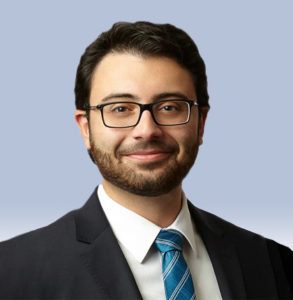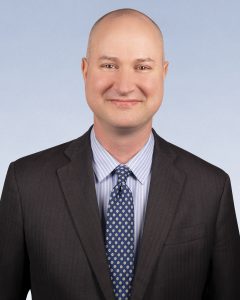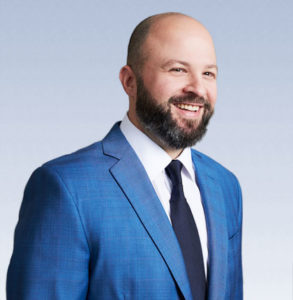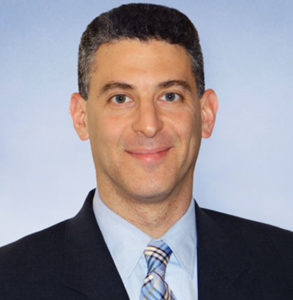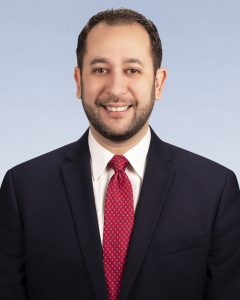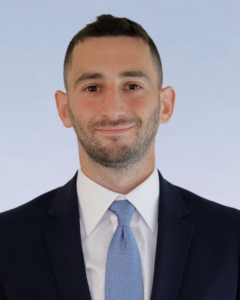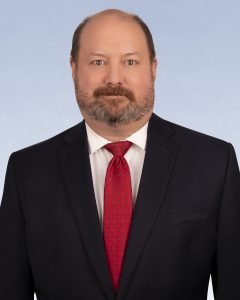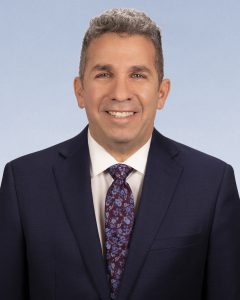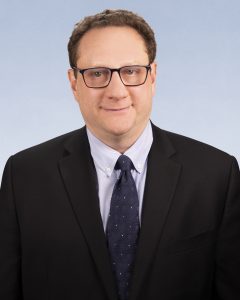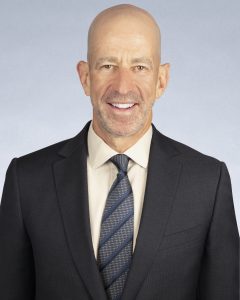Large Firm Service. Small Firm Attention.

SHARE
Obtaining Advanced Consent in a Medical Emergency for Your Child in College
Published September 3, 2020

By Marion M. Walsh, Esq., Littman Krooks LLP
The transition to college and young adulthood, while exciting, can be difficult for parents. Parents must not overlook obtaining advance consent from their children so they can have access to important health and educational information—or risk begin left out in an emergency. This is even more important in times of COVID-19.
Once a person turns 18, the law presumes that they have the capacity to make their own medical, personal, and financial decisions. Individuals gain strong legal privacy rights, including under the Health Insurance Portability and Accountability Act (HIPAA), which covers all medical information, as well as the Family Educational Rights and Privacy Act (FERPA), which covers all educational records. Under the privacy provisions of both laws, providers may disclose information only to the subject individual and those whom they legally designate—except in accordance with limited exceptions. Both health care providers and institutions of higher education take these rules extremely seriously, and parents are frequently dismayed to find that these entities refuse to provide them with any information regarding their young adult child.
The unintended consequences of these privacy provisions take on particular urgency in the case of a medical emergency. You should be prepared for the difficult situation if your child is hospitalized and temporarily incapacitated and therefore unable to provide consent to disclose information. Parents must avoid the possibility of being unable to access their child’s medical information and/or make medical decisions in accordance with their wishes in an emergency.
Similarly, parents also are frequently surprised to find that their child’s college or university will not disclose information directly to the parent, without authorization. FERPA provides strong protections regarding access to educational records, and preventing disclosure to unauthorized persons. For children under the age of 18, FERPA rights belong to the parents. For adults 18 and above and for post-secondary students, FERPA rights belong to the student. FERPA does provide that colleges may release student’s information to parents without a written authorization, if the parents can prove that their child is financially dependent, through, for example, a tax return. Yet, many colleges do not recognize or understand this exception. Most colleges do, however, have a mechanism for students to authorize their parents to receive some or all information, in addition to the student.
We advise clients to have their young adult children execute a Power of Attorney and advance directives, including a Living Will and Health Care proxy. These documents enable their parents to demonstrate to health care providers that they have the right to pertinent information. A Power of Attorney prepared by an experienced attorney will address educational records as well. These directives remain in place unless and until they are revoked. Parents need to know that the young adult has the power to revoke these directives at any time, or to designate a different individual (but having it in place is better than not).
**
Marion M. Walsh, Esq., is a partner of Littman Krooks LLP who leads the special education department. She serves on the Board of Directors of NAMI Westchester and is a past honoree from Westchester Jewish Community Services, as Advocate of the Year.
The dedicated team of special needs advocates at Littman Krooks, LLP has a comprehensive understanding of the educational requirements as they pertain to students with special needs, and use this knowledge to ensure that every student gets the education they need and deserve. Littman Krooks has been helping New York families for over 30 years. The knowledgeable attorneys at Littman Krooks can be reached 914-684-2100. You can also contact them at https://www.littmankrooks.com/.
Categories
Recent Posts
Explore In-Depth

Corporate & Securities

Elder Law & Estate Planning

Special Needs Planning

Special Education Advocacy


